Scientists have developed an artificial neuron that could help build compact, energy-efficient computers inspired by the human brain. The breakthrough, published in Nature Electronics, marks a significant step forward in the field of artificial intelligence. Researchers from the University of [Institution] created an electronic imitator of a biological neuron, replicating several of its functions. This innovation has the potential to revolutionize the way computers process information, leading to more efficient and sustainable devices.
According to Dr. Zhao, lead author of the study, "Our artificial neuron is designed to mimic the behavior of a biological neuron, but with the added benefit of being compact and energy-efficient. This could enable the development of smaller, more powerful computers that are inspired by the human brain." Dr. Zhao's team used a combination of materials and techniques to create the artificial neuron, which was able to process information in a manner similar to its biological counterpart.
The development of artificial neurons has been a long-standing goal in the field of artificial intelligence. Biological neurons are highly efficient at processing information, but they are also complex and difficult to replicate. The creation of an artificial neuron that can mimic the behavior of a biological neuron could have significant implications for the development of more efficient and sustainable computers. This technology could be used in a wide range of applications, from medical devices to consumer electronics.
Experts in the field of artificial intelligence believe that this breakthrough has the potential to revolutionize the way computers process information. "This is a significant step forward in the development of artificial intelligence," said Dr. Smith, a leading expert in the field. "The ability to create compact, energy-efficient computers that are inspired by the human brain could have a major impact on a wide range of industries." Dr. Smith noted that the development of this technology could also lead to breakthroughs in fields such as medicine and finance.
The researchers behind the study are already working on applying their technology to real-world problems. "We are excited to explore the potential applications of our artificial neuron," said Dr. Zhao. "We believe that this technology could have a major impact on a wide range of industries, and we are eager to see where it takes us." The team is currently working on developing more advanced artificial neurons that can be used in a variety of applications.
As the field of artificial intelligence continues to evolve, it is likely that we will see significant advancements in the development of compact, energy-efficient computers. The creation of an artificial neuron that can mimic the behavior of a biological neuron is a major step forward in this process. With the potential to revolutionize the way computers process information, this technology could have a major impact on a wide range of industries and applications.


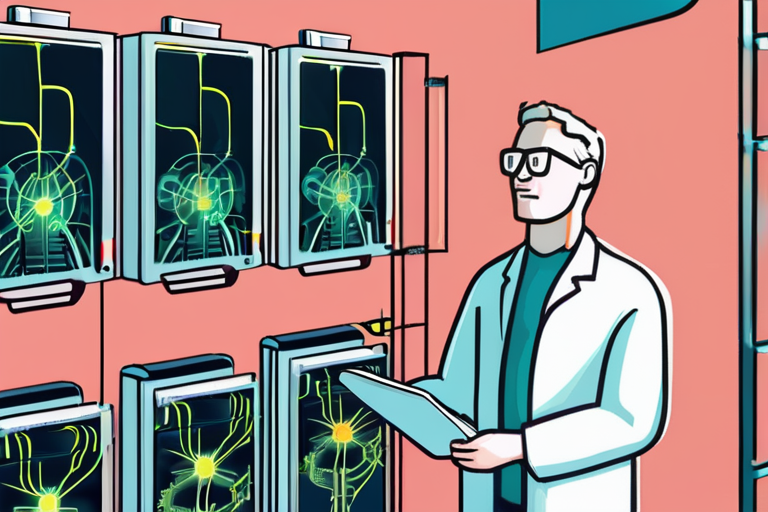
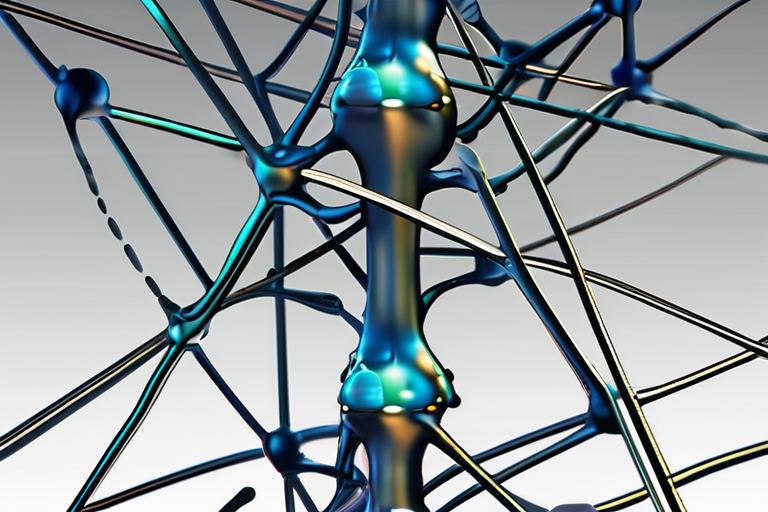


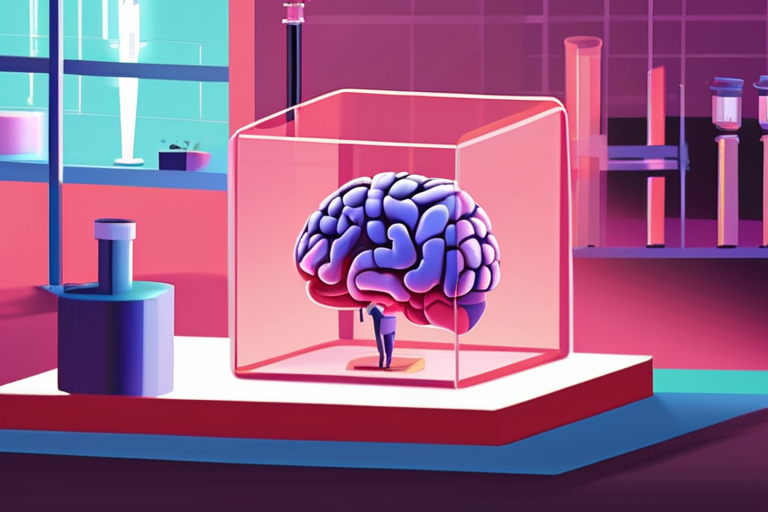
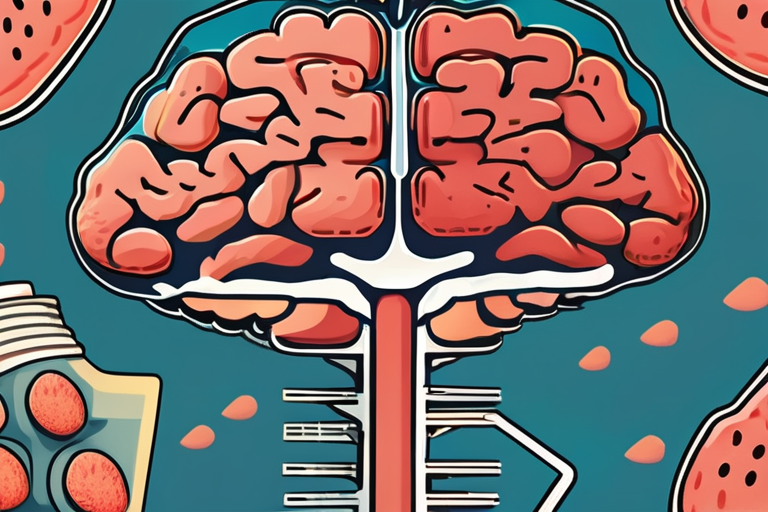
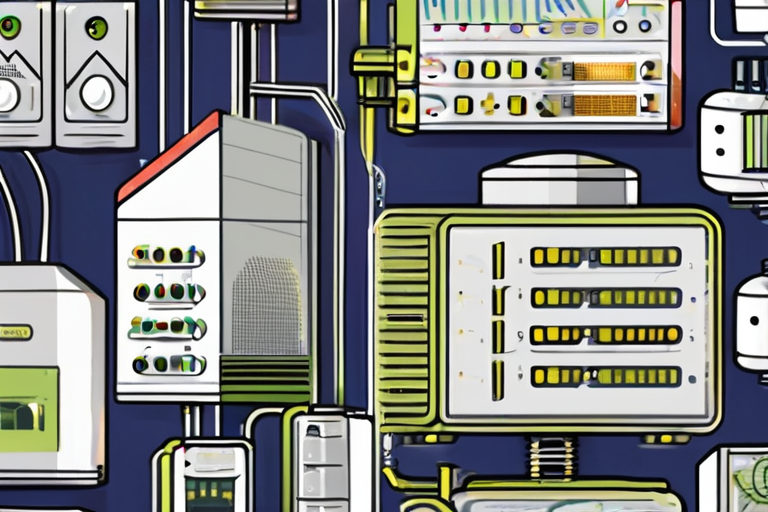
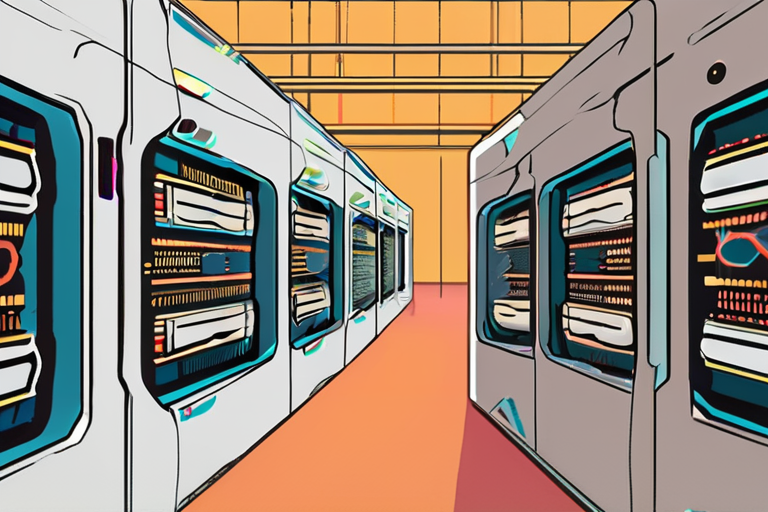
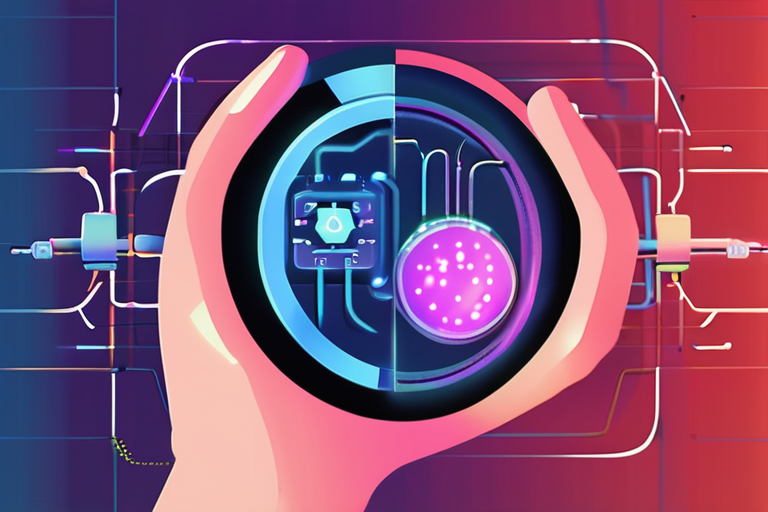
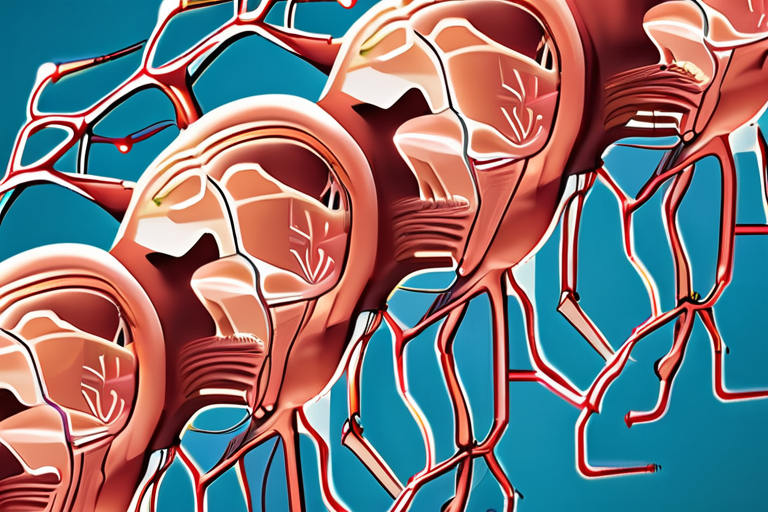
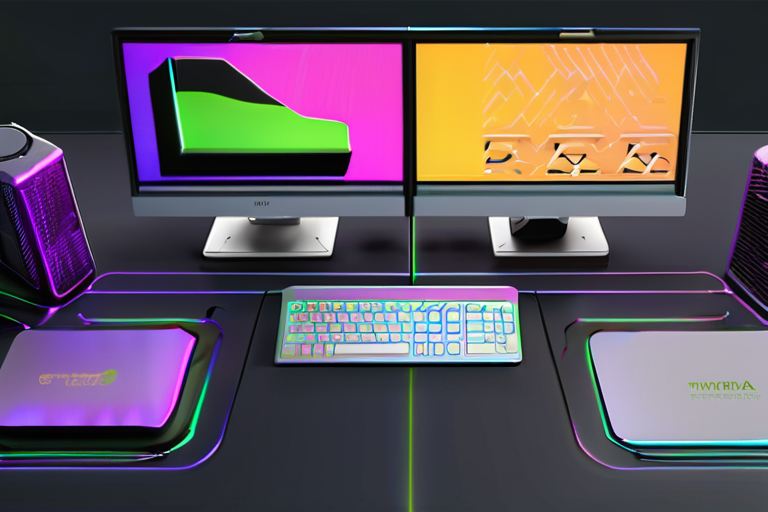
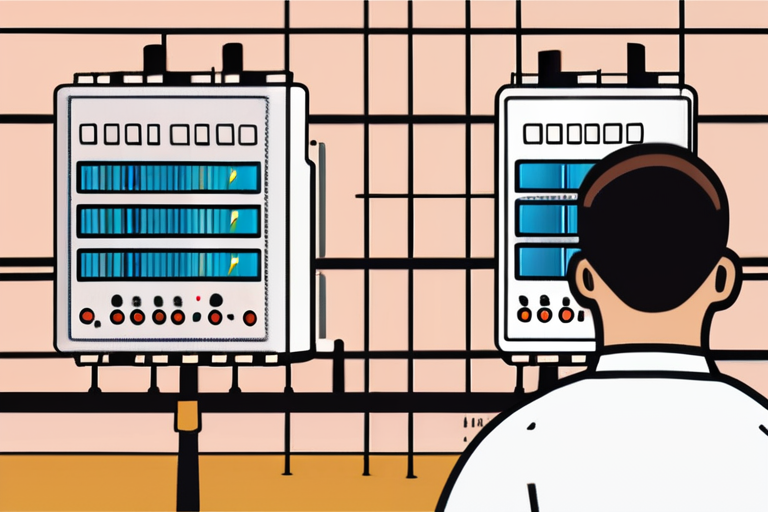
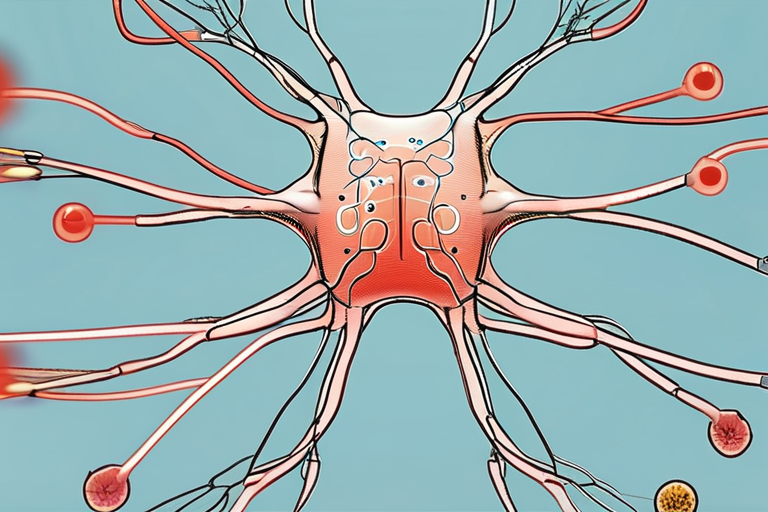

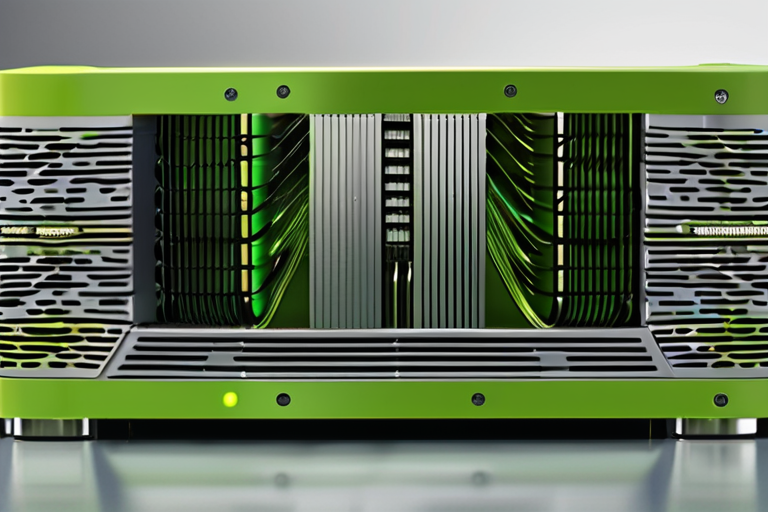
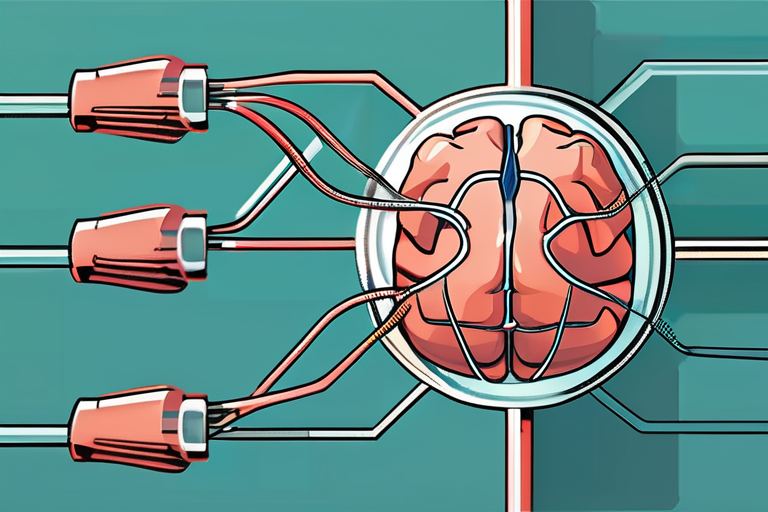

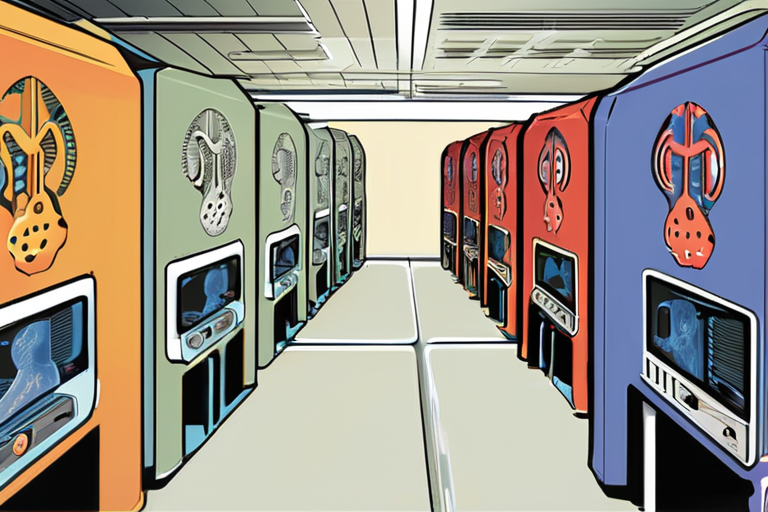


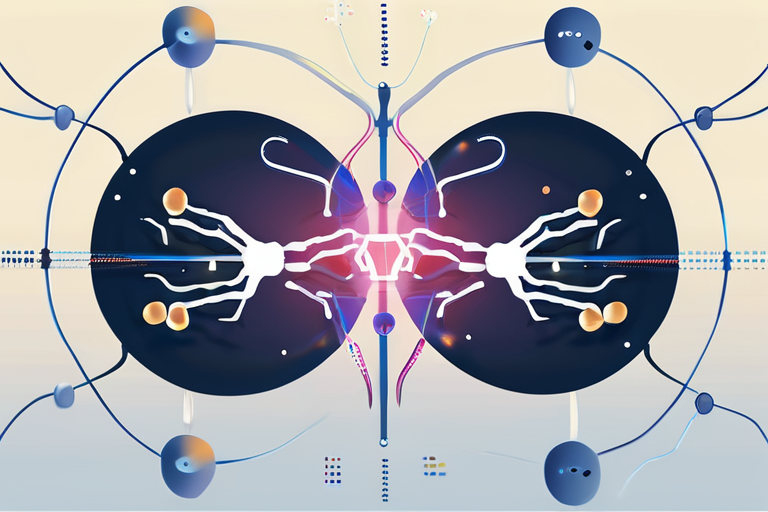
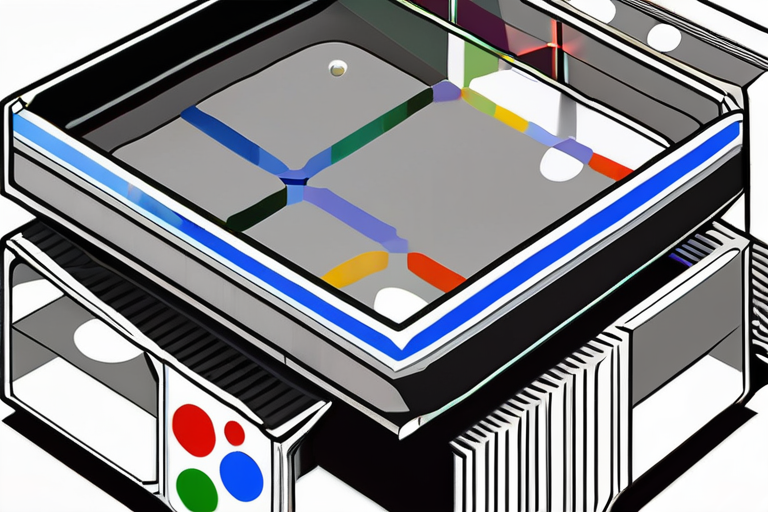
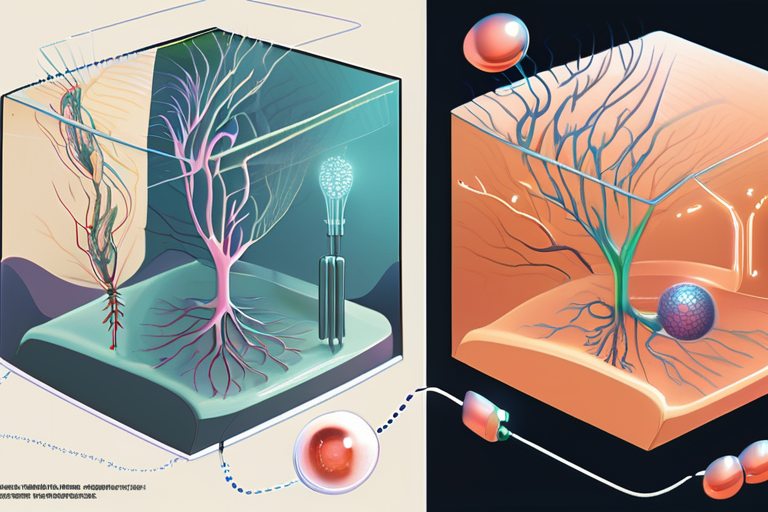

Share & Engage Share
Share this article